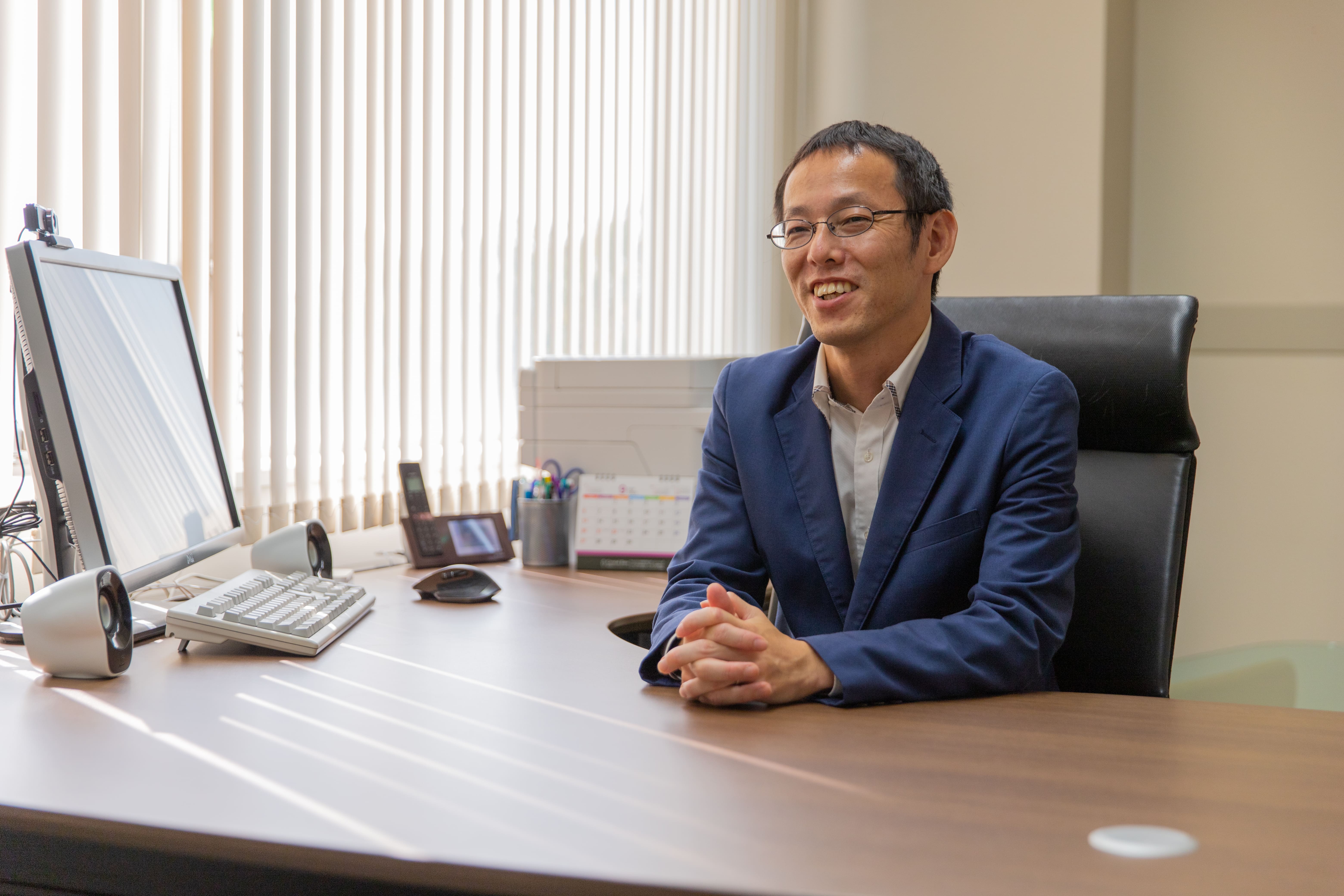Message
EXPLORING SOMETHING UNKNOWN IS ALWAYS EXCITING. JOIN OUR CHALLENGES FOR MYSTERIES HIDING IN NEW MATERIALS UNDER UNPRECEDENTED EXTREME ENVIRONMENTS.
We are studying exotic phenomena at very low temperatures. Helium, for example, never freezes but remains liquid even at absolute zero temperature. Liquid Helium undergoes a superfluid transition at ~2 K and shows bizarre phenomena below the transition temperature - a flow without viscosity, a creeping climbing along container walls, etc. These phenomena are well known examples of macroscopic manifestations of the quantum mechanics which describes phenomena at microscopic length scales. Macroscopic quantum states provide us clear cuts to understand quantum physics which often defies our intuitive understandings of Nature. Condensed-matter physics at very low temperatures are good playgrounds to study these macroscopic quantum phenomena, and are our main research fields. In particular, when a trivial stable state is frustrated by quantum fluctuations, new non-trivial states emerge. We are now exploring these exotic states of new materials down to very low temperatures.















